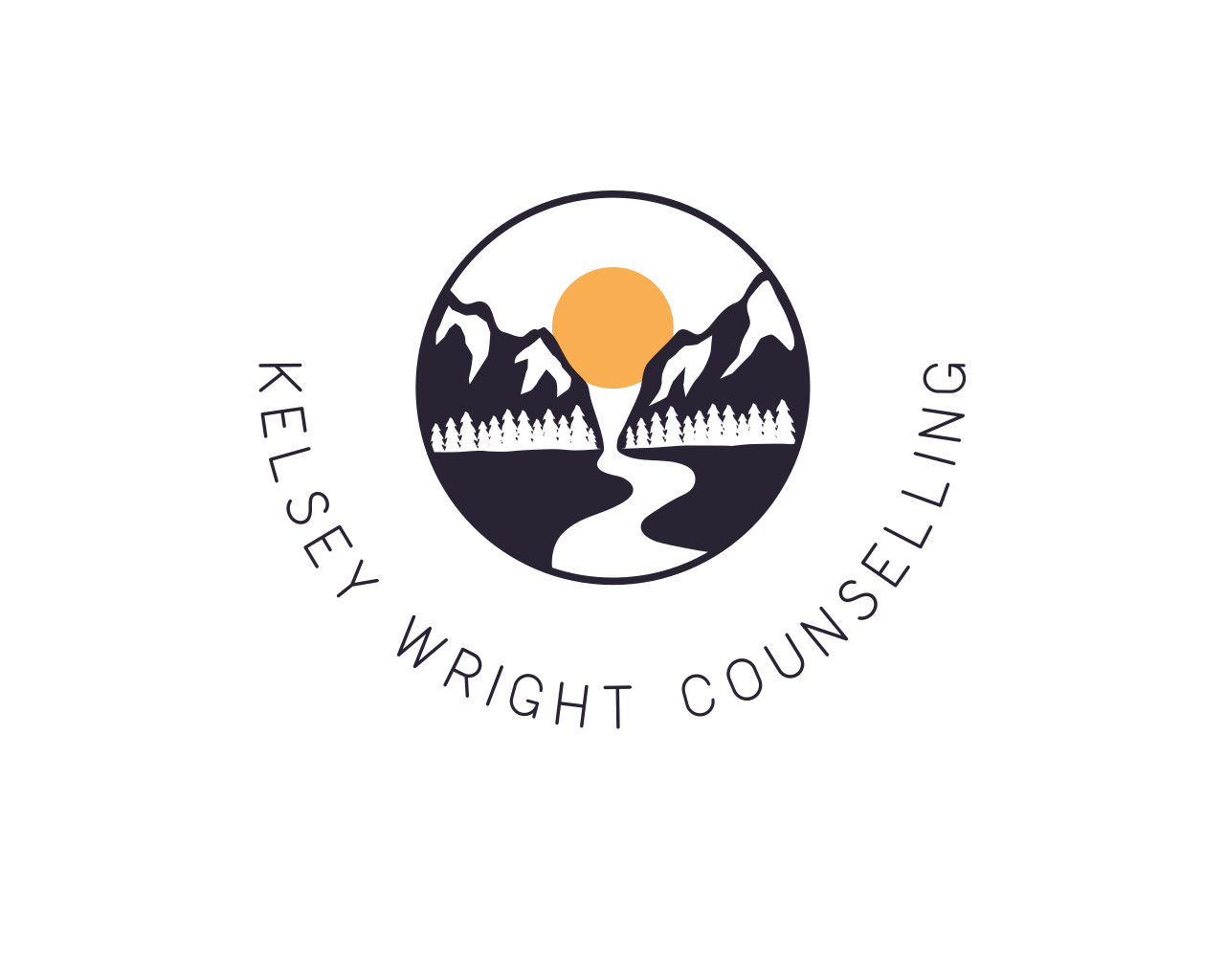Moving Beyond Shame: Trauma-Informed Counselling and Compassionate Recovery in Squamish
One of the most important things I’ve learned—both as a therapist and a human—is that shame doesn’t help people heal. And yet, so many of us carry it quietly. Shame about our past. About needing help. About how we cope. About who we think we should be by now.
When it comes to things like trauma, substance use, anxiety, or any mental health challenge, shame is often the invisible thread running through it all. It keeps us quiet. It keeps us stuck. And it whispers the kind of beliefs I hear all the time in counselling:
“Something is wrong with me.”
“I’m not good enough.”
“I don’t belong.”
If any of those sound familiar, you’re not alone. And the good news? These beliefs aren’t fixed. They’re often rooted in earlier life experiences—sometimes trauma, sometimes subtle moments where we learned to disconnect from ourselves in order to belong or survive. With gentleness and the right tools, they can shift.
Self-Compassion vs. Self-Esteem
Dr. Kristin Neff, a leading researcher in the field, defines self-compassion as treating ourselves with the same kindness and understanding we’d offer a good friend. It’s not self-pity or making excuses. It’s about acknowledging our pain and our humanness—without adding shame on top.
This is different from self-esteem, which often depends on comparison: I’m okay if I’m better than others or if I succeed. But what happens when we’re not performing well? Or when we fall behind? In those moments, self-esteem can crash—self-compassion doesn’t.
Self-compassion says:
You’re okay even when you’re struggling.
You’re enough even if you didn’t get it all right.
You matter, even on your messiest days.
This shift can be a game-changer, especially for people navigating recovery, trauma, or mental health concerns.
Squamish, Performance, and the Inner Landscape
In a place like Squamish, where outdoor achievement is often part of the cultural fabric, it can be easy to measure our worth by what we do—not who we are. We climb big routes, send hard, crush the bike park, or disappear into epic ski missions. It’s exhilarating and life-giving, no doubt. But if we’re honest, it can also be a bit of a trap.
Because when our sense of self is tied only to how we perform “out there,” we can lose touch with what’s happening underneath (our thoughts, emotions, and connection to self).
I work with a lot of clients who feel like they’re checking all the boxes—fitness, adventure, career—and still feel not quite right inside. Underneath it all, there’s often a belief that they’re falling short. That if they slow down, something will catch up with them. That they’re never quite enough.
Therapy That Helps You Come Back to Yourself
Healing these beliefs isn’t about pushing harder—it’s about softening into them. It’s about creating shame-free spaces where you don’t have to prove anything or impress anyone, including your therapist. And no, this doesn’t mean you’ll stop skiing, biking, or heading out on big adventures (unless you want to). Connecting with nature and moving our bodies can be beautiful, life-giving ways to feel alive and part of something bigger than ourselves. The shift comes when we no longer need those things to feel like we’re enough in the world—when our worth isn’t dependent on how much we do, achieve, or outperform
In my work, I draw from modalities like:
IFS (Internal Family Systems) – to help explore and understand different parts of ourselves (including the ones that criticize, numb, or avoid).
EMDR (Eye Movement Desensitization and Reprocessing) – to support in processing distressing experiences to help shift deep-rooted negative beliefs that are holding you back or keeping you stuck.
CBT (Cognitive Behavioural Therapy) – to gently challenge and reframe the thoughts that keep us stuck.
Somatic and mindfulness-based practices – to help people feel safer and more connected in their bodies.
You don’t have to earn your healing. You don’t have to prove your pain. And you definitely don’t have to do it alone.
If you’re navigating substance use, trauma, or mental health concerns, it can be incredibly powerful to find a counsellor you feel safe with—someone who offers a shame-free space where you can be real, messy, and human. The right fit matters. You deserve support that honours your values, your pace, and your version of what healing looks like.
Whether you’re exploring old beliefs, working with different parts of yourself, or simply learning how to be a little gentler with your inner world, recovery doesn’t have to be a solo mission. You get to have support. You get to be met with compassion. You get to come home to yourself—at your own speed, in your own way.





